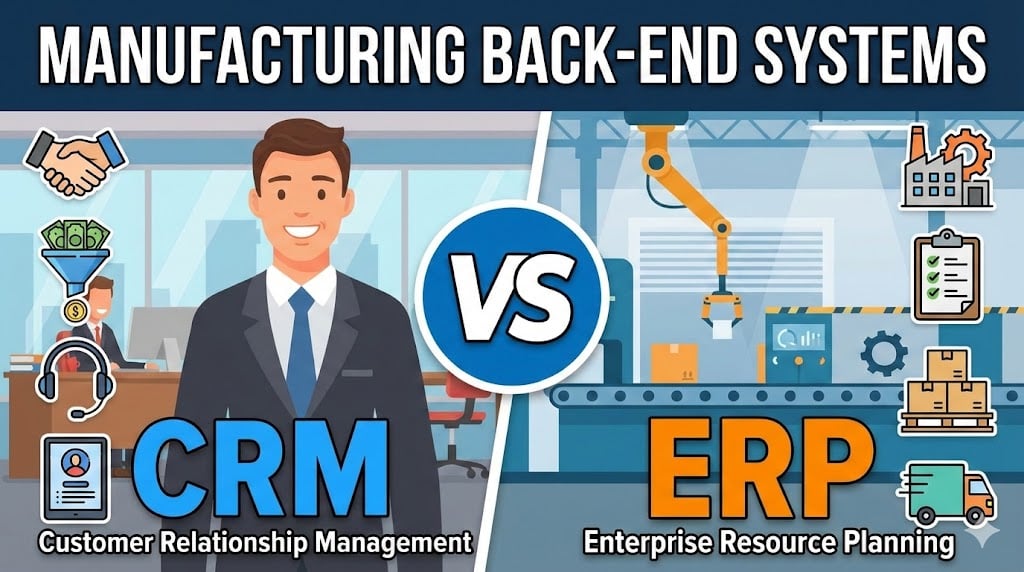
Content Marketing,Content Marketing | 3 min read
The Power of Storytelling in Content Marketing: Engage, Entertain, Convert
In today's fast-paced digital world, grabbing your audience's attention is more challenging than ever. Traditional marketing tactics often fall flat, leaving potential customers disengaged. Enter storytelling—a timeless technique that has the power to engage, entertain, and convert like no other. But how can you harness the power of storytelling in your content marketing strategy? Let's explore!
Why Storytelling Matters
Storytelling isn't just about weaving words together; it's about creating an emotional connection. Stories are relatable, memorable, and impactful. Here's why storytelling is crucial in content marketing:
- Emotional Engagement: Stories evoke emotions, making your content more relatable and memorable.
- Human Connection: Narratives humanize your brand, building trust and loyalty.
- Simplified Messaging: Complex ideas can be simplified through stories, making them easier to understand.
By incorporating storytelling, you transform your content from mundane to magical, capturing the hearts and minds of your audience.
Key Elements of Effective Storytelling
To craft compelling stories, you need to understand the key elements that make a story effective:
- Characters: Introduce relatable characters that your audience can connect with.
- Conflict: Highlight a problem or challenge that resonates with your audience's experiences.
- Resolution: Show how the problem is solved, ideally with your product or service playing a crucial role.
- Emotion: Evoke emotions to create a deeper connection and lasting impact.
- Call to Action (CTA): Guide your audience towards the next step, whether it's visiting your website, signing up for a newsletter, or making a purchase.
How to Integrate Storytelling into Your Content Marketing
Now that you know the importance of storytelling and its key elements, let's dive into how you can integrate storytelling into your content marketing strategy:
- Understand Your Audience: Know your audience's pain points, desires, and interests to create stories that resonate.
- Create a Brand Narrative: Develop a consistent brand story that highlights your mission, values, and journey.
- Use Multiple Formats: Incorporate storytelling across various formats—blogs, videos, social media posts, and email campaigns.
- Be Authentic: Authenticity is key. Share real stories, customer testimonials, and behind-the-scenes content.
- Engage with Visuals: Use images, infographics, and videos to enhance your storytelling and make it more engaging.
Examples of Successful Storytelling
To see storytelling in action, let's look at some successful examples:
- Nike: Nike's "Just Do It" campaign tells inspiring stories of athletes overcoming challenges, resonating with their audience's aspirations.
- Airbnb: Airbnb uses storytelling to showcase unique travel experiences, highlighting hosts and guests' personal stories.
- Coca-Cola: Coca-Cola's holiday campaigns often feature heartwarming stories that evoke nostalgia and joy, strengthening their brand connection.
FAQs
Q: How can I start incorporating storytelling into my content marketing?
A: Begin by identifying your brand's core message and values. Develop a consistent narrative and weave it into all your content, from blog posts to social media updates.
Q: Can storytelling really improve my conversion rates?
A: Absolutely! Engaging stories capture attention, build emotional connections, and guide your audience towards taking action, ultimately improving conversion rates.
Q: What types of stories work best in content marketing?
A: Personal stories, customer testimonials, success s
Final Thoughts
The power of storytelling in content marketing cannot be overstated. By engaging your audience with compelling narratives, you can entertain, inform, and ultimately convert them into loyal customers. Remember, the key is to be authentic, relatable, and consistent with your brand story.
Ready to transform your content marketing strategy with storytelling? Visit ucidity.com.au to learn more and get started today.
Published on May 14, 2024


%20Organic%20Marketing.jpg)
%20Pull%20Marketing%20Strategies.jpg)
